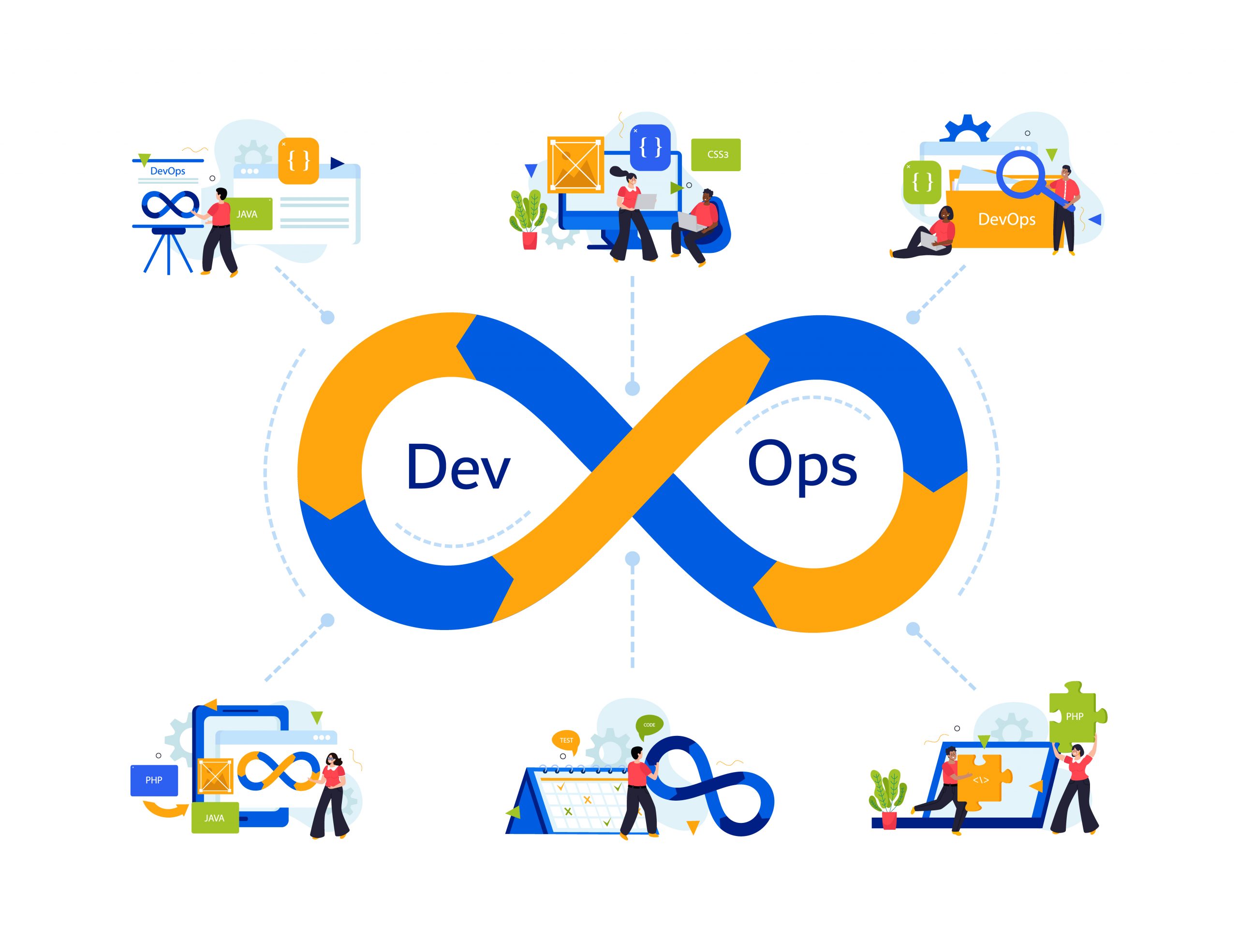
As a Software Engineer, How Do I Shift My Career to DevOps?
Apr 16, 2024 5 Min Read 4346 Views
(Last Updated)
DevOps is the blend of Software Development & IT Operations that accelerates the development of software products and enables easier maintenance of existing deployments. Now, are you wondering about switching your career from software engineering to DevOps? Is it a wise choice & career upgrade really? Let’s get to know here.
Why have companies focussed on DevOps recently? What is the importance of DevOps in Software Development? The simple answer is-
Implementing DevOps will promote teamwork as it focuses on communication & collaboration between team members from different teams related to software development. Better collaboration leads to improved efficiency in development & reduced deployment failures. This is possible when the company ensures 100% transparency among the involved teams. Well, all this is about the company but what are the benefits for a software engineering aspirant who chooses DevOps as their career?
Table of contents
- Benefits of Transitioning From Software Engineering to DevOps
- Salary
- Work-life Balance
- Competiton
- How Do I transition from Software Engineering to DevOps?
- Assess Your Skills and Experience
- Start Learning DevOps Tools and Technologies
- Work on DevOps Projects & Build a Portfolio
- Networking and Building Your Resume
- On a final note
- FAQs
- Q1) Does DevOps have a lot of coding?
- Q2) Is DevOps hard for freshers?
- Q3) How many days do we need to learn DevOps?
- Q4) Is DevOps a good career in 2023 & beyond?
- Q5) What is the career path for DevOps?
Benefits of Transitioning From Software Engineering to DevOps
Three main aspects are to be considered that strongly support the transition from Software Engineering to DevOps
1. Salary
The skill capabilities needed to play the role of Software Engineer & DevOps Engineer will decide the earning potential. Since both roles would require a sound knowledge of software development principles, & practices, they play equally important in the development process.
There is a sure shot of success in software projects that are effectively collaborated with both Software engineering & DevOps skills.
Thus a DevOps engineer with relevant work experience in Software Engineering will earn about 25-35% more than regular software engineers with the same level of professional experience.
2. Work-life Balance
Software Engineers have comparatively awful work-life balance if they lack DevOps skillset. Also, Software engineers are not in any direct connection with the customers & hence leading to escalations for the bad experiences faced by customers. While the DevOps engineers are well-versed in handling customers, their experiences & effectively prevent escalations. This results in a much better work-life balance for a DevOps engineer with a Software Engineering background.
Before we move to the next part, you should have a deeper knowledge of DevOps concepts. You can consider enrolling yourself in GUVI’s DevOps Career Program, which lets you gain practical experience by developing real-world projects and covers technologies including Agile, Scrum, Linux, Git, Bash Scripting, Dockers, Containers, AWS infrastructure, etc.
Additionally, if you would like to explore AWS Infrastructure through a Self-paced course, try GUVI’s AWS Infrastructure for Beginners certification course.
3. Competiton
DevOps practices make regular software engineers into super-qualified software engineers. And since almost all companies across different industries are now implementing DevOps, the candidates who transition from software engineering to DevOps are welcomed & considered a top business priority. This indeed shows a competitive path for aspirants to prove their potential for landing in the DevOps domain. However, there are DevOps challenges & upskilling programs that segregate talented candidates from the competing crowd.
How Do I transition from Software Engineering to DevOps?
Transitioning from software engineering to DevOps can be challenging but indeed a massive upgrade. Your software engineering proficiency in the programming languages like HTML, CSS, Python, Javascript & more such comes in handy as this knowledge helps to become a DevOps engineer & integrate the development features with the needs of the customer.
DevOps Engineers are expected to possess a specific skill set that makes it easy for them to be successful. Continue reading further to explore the four simple hacks, top skills for DevOps professionals & how to master them.
1. Assess Your Skills and Experience
A. Identifying the skills and knowledge required for DevOps
A DevOps professional must possess strong fundamental knowledge of Linux, Cloud computing skills, Coding skills, Security skills, Automation & Testing skills, Containerization skills, Version Management skills, Continuous Integration(CI) skills, & Proactive monitoring skills.
Unlock the Key Skills to Become a Best DevOps Engineer in 2023
B. Evaluate your current skills and experience
DevOps professionals should be proficient in systems administration, IT operations, and software development. Your skill set should complement your educational degree in computer science, information technology, or any similar specialization, with relevant experience in the technical domain to excel in DevOps.
C. Identifying gaps and areas for improvement
Apart from the technical aspects, aspiring DevOps professionals must focus on DevOps Communication as it is the only way to bridge the gaps between the Development team & Operations team of any company. And next important factor that helps you grow in DevOps is by adhering to DevOps Principles – CALMS(Collaboration, Automation, Lean, Measurement, and Sharing). Here, CALMS model signifies that we go for technology because of the end result. It keeps technology in a place where tech supports and enables a better business, & not just because it is the latest technology.
What next?
2. Start Learning DevOps Tools and Technologies
Getting familiar with the latest tools, technologies & top-notch skills with give you a competitive edge over other in the DevOps industry.
A. Study the Popular DevOps tools and technologies
The following popular DevOps tools like Git, Docker, Selenium, Jenkins, Ansible, and more, have led to more collaborative teams, faster development pipelines, robust applications and services, and happily satisfied customers. Keep an eye on mastering such in-trend DevOps tools.
B. Learn containerization and virtualization
These two concepts: Containerization and virtualization technologies enhance computing efficiencies as they enable developers to run multiple software types, say, Windows or Linux-based, in a single environment. Adoption of these two concepts is widespread across enterprises & industries, so, get yourself abreast with containerization and virtualization.
C. Learn automation and orchestration tools
Quick deployment of applications, services, resources, & securing systems in compliance with industry standards is possible with DevOps automation tools. While the DevOps orchestration tools enable testers to automate various processes involved in software testing, such as configuration, deployment, and execution. Thus, a strong grip on automation and orchestration tools becomes mandatory for DevOps professionals.
D. Familiarize with DevOps monitoring and logging tools
Logging and monitoring in DevOps become valuable for maintaining optimal application performance. These two concepts play a key role in having a quick & automatic response to any degradation in the customer experience. Some of the popular monitoring & logging tools are Fluentd, Heapster, Logstash & Prometheus.
3. Work on DevOps Projects & Build a Portfolio
This career-building step accompanies your theoretical DevOps knowledge with practical project experience.
Begin to gain a hands-on experience in DevOps
Start working on personal projects like creating CI/CD Pipeline using Azure, Jenkins Remoting project, deploying a Containerized Web Application & so on all by yourself through the DevOps subject learned online.
Contributing to open-source DevOps projects
Open Source is the very essence of the DevOps domain that encourages community effort & collaboration on software by making the software’s source code openly available to the public. Here, you get to not only report a bug or request a new feature but you can also fix or develop a new feature.
Start living a DevOps Lifestyle
Collaborate with DevOps teams in your current organization, seek mentorship or guidance from experienced DevOps professionals & simultaneously upskill yourself to get industry-ready through the highly-sought DevOps projects included in the DevOps Program of Zen class.
Get to know about A day in the life of a DevOps Engineer: Work & What they do?
4. Networking and Building Your Resume
After finishing your DevOps upskilling journey, with the in-time mentorship provided by Zen Class, you can build your impressive portfolio & resume. What else?
Networking with other DevOps professionals
Getting connected to DevOps professionals through job networking sites like LinkedIn will rapidly help you climb up the career ladder. Attending industry events & webinars to get even better exposure to the DevOps domain.
Building relationships with recruiters & hiring managers
A rapport with hiring managers will help you understand their needs, their requirements for recruitment & how can you contribute to your DevOps & soft skill set. This will boost your confidence while attending the interviews.
Learn from the experiences who have made the transition
Learning the secret strategies, tips & tricks from winners who made it happen already will make it easy to switch your career from software engineering to DevOps. One good example will be the Alumni meet hosted by the Zen class. Here, aspirants with great zeal can interact with the alumni who were successful in securing high-paying DevOps Job offers with a software engineering background.
Kickstart your career by enrolling in GUVI’s DevOps Career Program where you will master technologies including Linux, Git, AWS, etc, and build interesting real-life devops projects.
Alternatively, if you want to explore AWS infrastructure through a Self-paced course, try GUVI’s AWS Infrastructure for Beginners certification course.
On a final note
Growing up in a DevOps career gets easy for candidates with a software engineering background. This means transitioning from Software Engineering to DevOps is a sophisticated upgrade in your career.
Do You Know The DevOps Syllabus? [Updated 2023]
An effective analysis of the current skillset should be matched with the standard skills of DevOps mentioned in the above reading. With a comprehensive course curriculum, hands-on various trending projects, in-time doubts clearing sessions, mentorship & certifications from eminent institutions such as IIT-M Pravartak, you can ace & get placed among the millions of opportunities opening up in DevOps.
FAQs
Q1) Does DevOps have a lot of coding?
Coding and scripting play a catalyzing role in DevOps. These skills will enable you to automate tasks, test codes & work with code repositories that further fasten software development. It is preferred to have basic to medium-level coding skills to accelerate in the DevOps domain.
Q2) Is DevOps hard for freshers?
It isn’t impossible! Dedicated efforts & preparation will make it easy for the freshers to crack the doors of a DevOps career. Familiarity or background in computer science & IT will give a better boost for freshers to start their upskilling.
Q3) How many days do we need to learn DevOps?
It will take about 5-6 months for a beginner with zero knowledge of DevOps. However, with someone from a software background, one can master the theoretical concepts & skillset with tools in about 3-4 months.
Q4) Is DevOps a good career in 2023 & beyond?
DevOps is a highly promising career path with lucrative salaries. DevOps engineers are ranked among the top five of all tech job salaries, according to Dice Salary Survey. Also, 83% of IT decision-makers reported that DevOps practices in an organization will unlock higher business value. So, DevOps is a good career in 2023 & beyond.
Q5) What is the career path for DevOps?
The career path for DevOps professionals will proceed in the following sequence: Release Manager, DevOps Test Engineer, DevOps Cloud Engineer, and DevOps Architect(highest position).























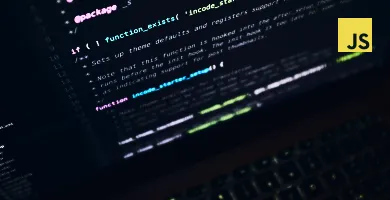








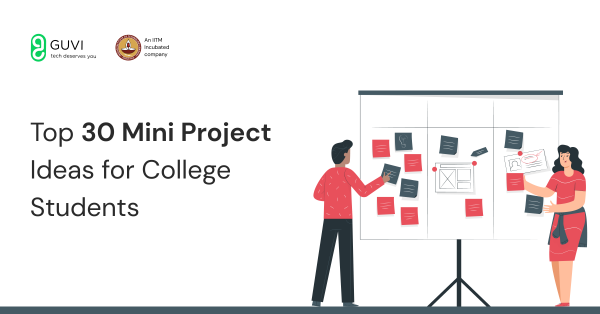

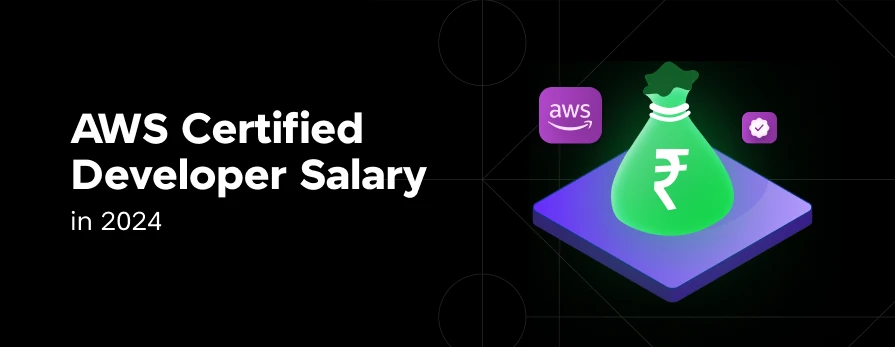

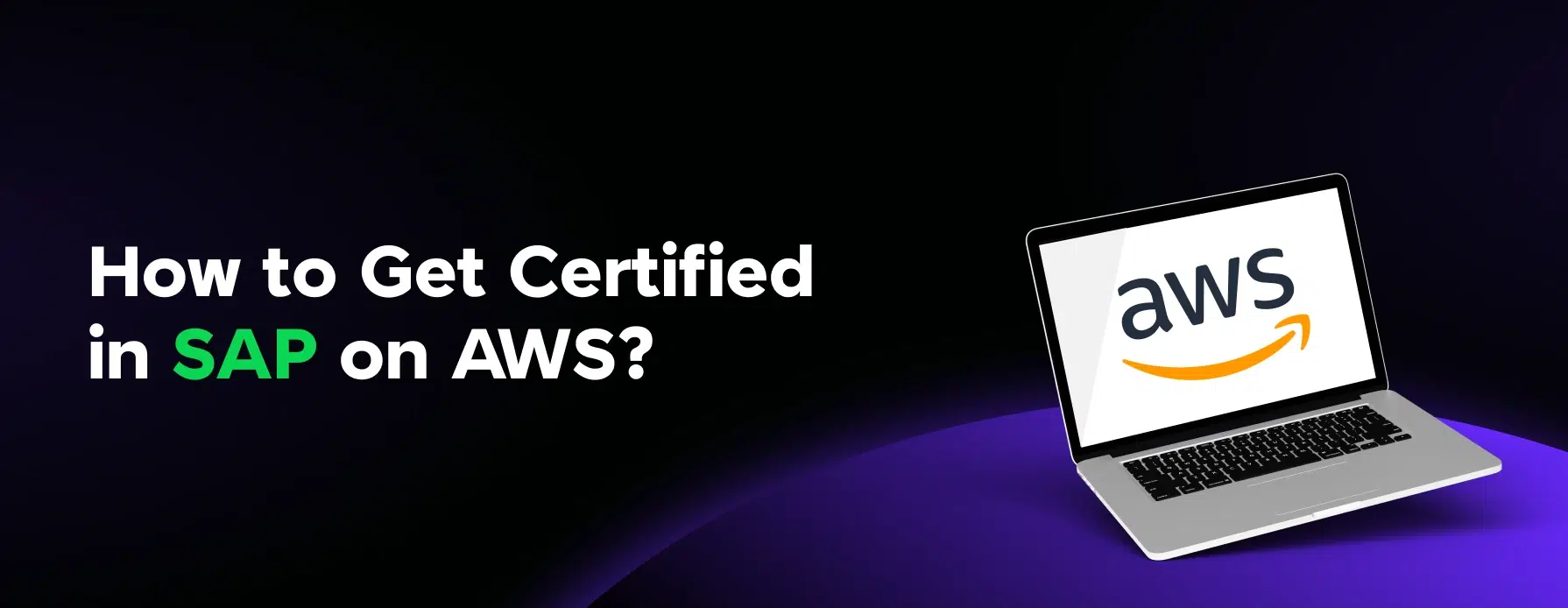
Thank you for this article, explained things very clearly one can get the details what actually they want.